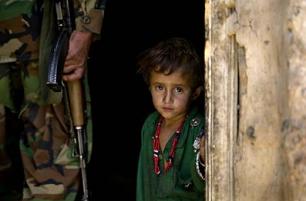Reconstructing Leonora Sansay
Jennifer van Bergen
on for "Another World Is Possible"
Leonora Sansay and her friend and mentor Aaron Burr (Vice President under President Thomas Jefferson) were early 19th century revolutionaries, humanitarians, and iconoclasts in the pure sense: they believed in the intrinsic worth and equality of every individual (African Americans, Native Americans, and Haitians).
Leonora was in Haiti during the 1802-3 black slave uprisings by which they obtained their independence and about which she wrote in her book "Secret History" (Philadelphia, 1808), which she later developed into a full-fledged novel: "Zelica: the Creole" (London, 1820), perhaps the first book by a white American that has a mulatta heroine.
Roger Kennedy shows in his book "Burr, Hamilton, and Jefferson: A Study in Character" (Oxford University Press, 1999) that Burr was an active abolitionist, whose political presence so threatened southern slave owners that they had good reason to take him down, as Jefferson later used Burr's western adventure to do. Kennedy also shows that Burr was a friend to and advocate for Native Americans.
In 1800, Burr and Jefferson tied for the presidency and Jefferson accused Burr of trying to steal the election, but it later came to light that it was Jefferson who made a deal with the opposite party to put himself in office by making certain concessions to them. (See my article on the tie here.) I am not the first to have revealed the fact, but I am the first to have stood up for Burr.
The more we learn about Burr and about those who engineered his downfall, the more clear it is how wrong historians have been.
Leonora was close to Burr and her life and relationship with him says a lot about him and about America, but the focus of this article is limited to her identity and early life. It is an article that sets down a cornerstone of a much larger structure I hope to complete.



























